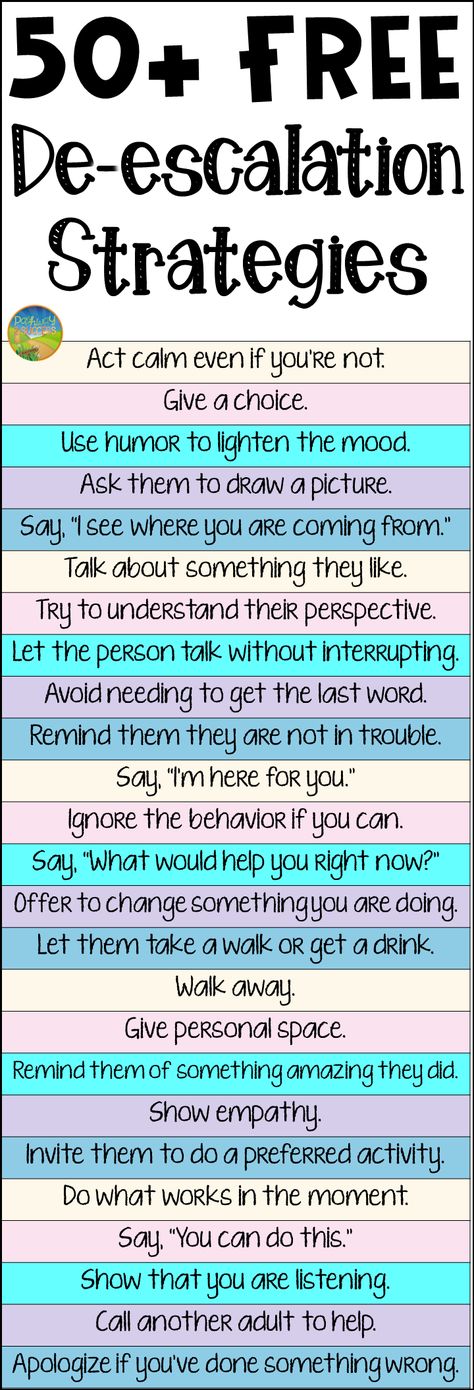Professionalism boundaries and the workplace
8 Ways to Establish Healthy Boundaries at Work
Photo by Ben Hershey on Unsplash
With technology, flexible work, and ever-changing workplaces, setting healthy boundaries at work is more difficult than ever before.
Going through a job search can be a difficult time—and, unfortunately, a time in which you veer more towards people-pleasing than asserting yourself. We all want the job, so of course, we should be as agreeable as possible, right? Well, not really.
This is all to say that setting healthy boundaries for yourself at work starts early—as early as the interview process itself.
From the interview and onward, you teach your boss and your colleagues how to treat you and how you achieve a healthy work-life balance by implementing physical boundaries, mental boundaries, and personal limits.
Here are a few common boundary breakers that we've all likely allowed in the past.
- Do you check work email outside of office hours?
- Do you make yourself available on Slack 24/7—to solve any problem that might arise?
- Will you pick up work outside of your job description at a moment’s notice?
Setting boundaries from the start allows you to navigate your workplace, avoid potential toxic environments, and create a clear path for you to do your best work without being taken advantage of or burning out.
No two people have the exact same work style.
It’s important to keep that in mind and to set your own boundaries. Ask your local introvert and they will tell you exactly how important it is to protect your emotional energy and interpersonal boundaries.
Types of Boundaries to Set + Protect
If you're confused as to what boundaries to set, we are here to differentiate the healthy types of boundaries from what could be unreasonable requests. It's extra work and it might feel unnatural at first, but preemptively protecting your mental health is so important.
Physical Boundaries
Let's start with physical boundaries. Why? Well, if you're having trouble with physical boundaries at work, then it's likely that all of your boundaries are being stomped upon.
- Offer handshakes over hugs.
- Don't attend any "work events" after 7:00 p.m.
- Take your after-lunch walk alone (maybe with your favorite podcast).
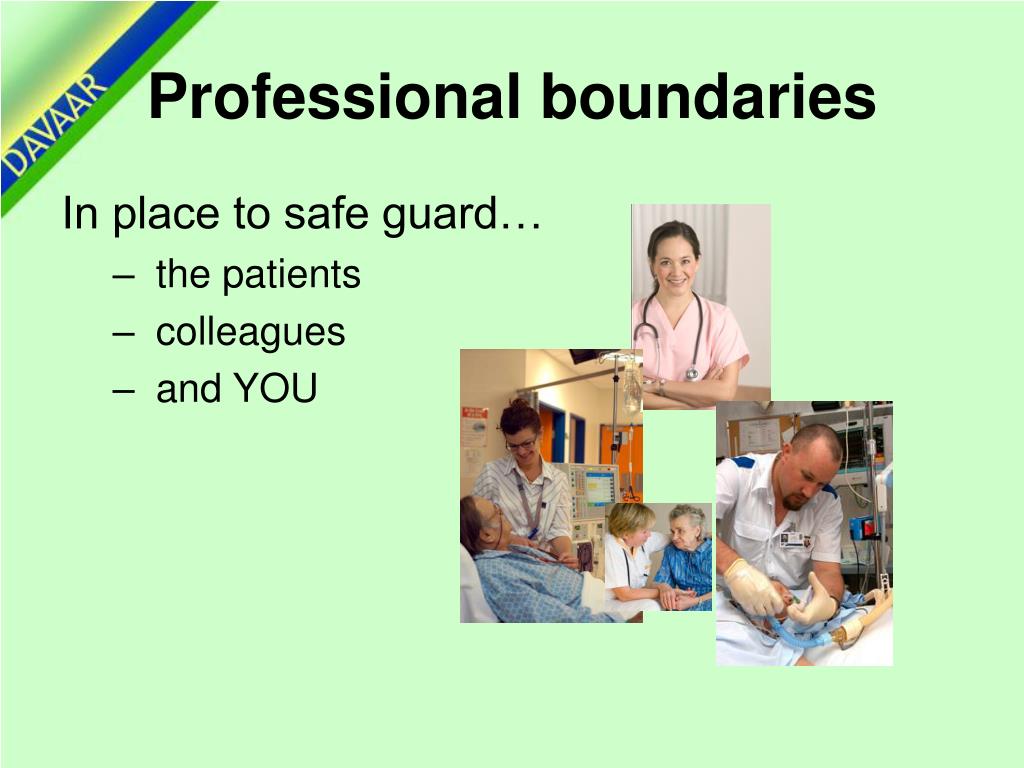
- Say no to working on the weekends.
- Take your sick days and your mental health days.
- Have a "tell" to show other employees that you're busy (i.e., wearing over-hear headphones or closing your door).
Mental Boundaries
Anybody who has slogged from the 3:00 p.m. slump all the way to 6:00 p.m. knows that mental energy is important—and it can be used up quickly by nonsense. Here are boundaries to see to preserve your mental juices.
- Set your working hours—and stick to them.
- Decline superfluous meetings (and encourage management to run more efficient meetings.)
- Set away messages when engaged in deep work mode.
- Do not engage in anything that can be perceived as gossip—especially about others in your workplace.
Emotional Boundaries
Emotional boundaries can be tough to pinpoint, but it's so crucial to do this work. By setting emotional boundaries, you're giving yourself permission to disallow someone else's bad day to affect yours.
By setting emotional boundaries, you're giving yourself permission to disallow someone else's bad day to affect yours.
This doesn't mean that you cut out empathy or understanding. Rather, it means that the next time Bill is yelling and throwing his papers around in his office, you can keep your head down. Here are more examples of emotional boundaries at work.
- Communicate upfront how you like to give and receive feedback.
- Do not imprint on someone else's bad mood or outburst.
- Delegate work when necessary.
- Create a schedule that prioritizes the balance in work-life balance.
How to Set Professional Boundaries with Coworkers
A lack of boundaries can be especially harmful to your relationship with your coworkers. Clear boundaries with coworkers can safeguard your time, energy, and overall comfort in the workplace.
Common consequences of a lack of boundaries with coworkers include:
- Taking on the workloads of others
- Getting caught up in personal issues
- Blurring the lines between your work and personal hours
- Increased gossip in the workplace
Boundaries are good for you and the people you work with. When you set clear boundaries and stick to them consistently, it can help ease any difficult or awkward work situations.
When you set clear boundaries and stick to them consistently, it can help ease any difficult or awkward work situations.
To set professional boundaries with your coworkers, you must clearly communicate what your boundaries are. For example, if you have a coworker who loves to spend time after lunch chatting, but you really need to get work done, gently remind them that although you enjoy talking with them, you really need the afternoon to get some heads-down work finished.
If you feel that there is a consistent problem, have a conversation about it. Talk to your coworker about how you’re feeling and then provide a few solutions. An in-person conversation prevents a problem from unnecessarily escalating.
Setting expectations and boundaries is especially crucial when dealing with a group project or assignment. In order to prevent any bumps down the road, make sure to be clear at the start of the project about who is doing what. Create a shared document that outlines project roles, deadlines, and timelines, so that everyone on the team can reference it in the future.
When all else fails, learn to say no. While simple in theory, saying no can be quite difficult in practice. It can feel like an entire art form.
When in doubt try some simple and solid responses like these:
- I can’t help you. I am swamped for the next few weeks.
- No, I have no space for additional work at the moment.
- No, I am on several deadlines.
How to Set Professional Boundaries with Your Boss
Since there is a bit of a power dynamic in play, setting boundaries with your boss can be slightly more complicated. It’s difficult to say no to your boss when they’re reaching out to you after hours or piling on more work than you can handle at the moment.
The best way to set professional boundaries with your boss is to approach the situation with empathy. Give them the benefit of the doubt that they may not have been aware of your workload or whatever boundary you set for yourself.
There are many ways to get through to a difficult boss, but the overarching theme is good communication. If you receive pushback from your boss, present some potential solutions while sticking firm to your boundaries:
If you receive pushback from your boss, present some potential solutions while sticking firm to your boundaries:
“It is after my work hours, so I won’t be able to get around to this tonight. However, I have everything prepped and I’d be happy to put this on the top of my to-do list tomorrow morning. We should have it to the client by tomorrow afternoon.”
While technology has made us more reachable than ever, try to use it to your advantage. Many messaging platforms have built-in “do not disturb,” “snooze,” or “schedule send” features. If you have a public calendar, book solo time for when you need to focus or out-of-office times for when you are completely away.
8 Ways to Establish + Keep Healthy Boundaries at Work
Okay, but how do you actually set your list of boundaries? Here are eight ways to prioritize, implement, and honor your boundaries—by infusing them into your daily interactions and your everyday routine.
1. Assess Your Personal Boundaries First
Before you communicate your boundaries, you’ll have to take the time to assess them, their limits, and how to set them.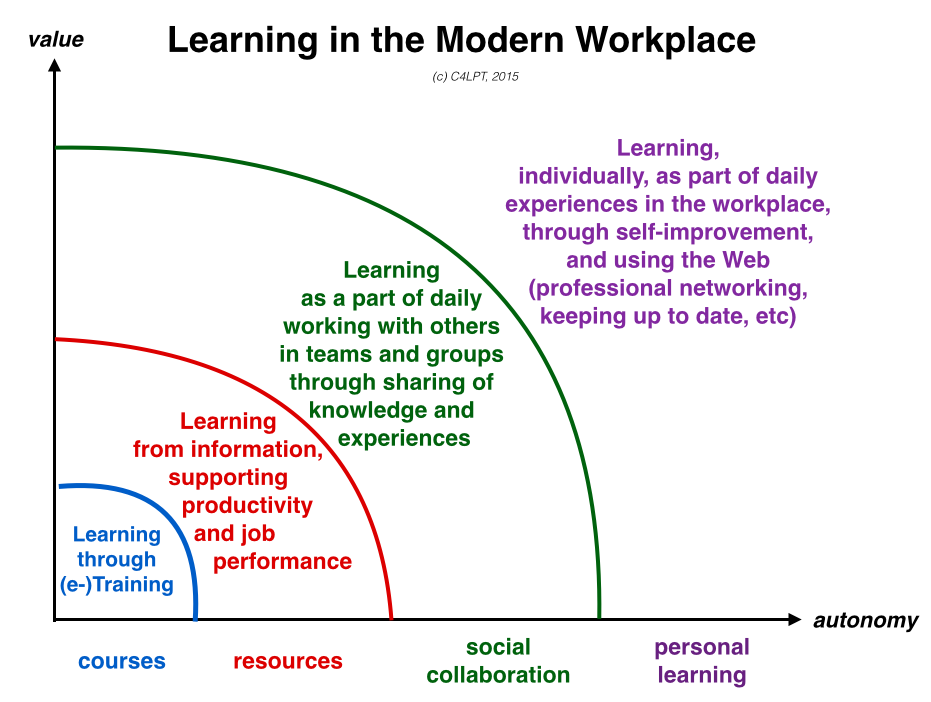
Your personal boundaries will stem from your values and your life’s priorities.
Any job worth having (in our humble opinion) recognizes that it is, first and foremost, a job.
Aside from your work, you have your home life, your relationships, your passions, and your personal space to consider.
In Doctor Dana Gionta’s book, From Stressed to Centered, she offers a step-by-step process for assessing personal boundaries at work:
- Know your limits
- Pay attention to your feelings
- Give yourself permission to set boundaries
- Consider your environment
2. Communicate Upfront
Once you have your priorities and values in place, communicate them. This can be as simple as letting your team know that you do not answer emails after 7:00 p.m.
You can also use this time to communicate what constitutes a work "emergency" so that you're not fielding "crises" that pop up in your off-hours.
Communication is the thread that will run throughout each additional tip in this article. When you take the steps to communicate upfront, you are safeguarding against future potential miscommunications.
To learn even more about creating great personal and organizational communication methods, check out our Interpersonal Communication 101 course!
3. Create Clear Structures
Structure is important in the workplace. You're the architect of your own boundaries, so build them solid.
By creating clear boundary-based structures upfront, it takes any guesswork out of common boundary infractions. Your coworkers are less likely to interrupt your work if you set up blocks of time in which you are engaged in do-not-disturb work.
If you're in a management role, you might create structures that include building out team responsibilities. This creates clear guidelines for where (and with whom) responsibility lies in a variety of circumstances.
4. Keep Your Relationships Professional
We all love having a work wife or a work BFF, but sometimes those relationships get tricky—and convoluted from the perspective of boundaries.
Now, we’re not saying you shouldn’t have an at-work confidante or close friend. What we are saying is to mind that your work relationships remain, by and large, professional.
As difficult as this may seem to some—especially our extrovert friends—it’s important to separate your friends from your coworkers.
5. Delegate Work When Appropriate
One important part of establishing boundaries is in setting expectations about the work you will do, that you’re hired to do, the work you’re willing to pick up (part of being a “team player”), and the work that is outside of your responsibilities.
When work is entirely outside of your scope of responsibility, you might have the opportunity to say no (we’ll get to that in our next point) or delegate the work to someone who is more suited to the work.
Obviously, delegating work is a bit easier to navigate when you’re already in a managerial position.
When you’re not a manager, you can still delegate work. Ask yourself a few questions to qualify whether or not the work is better completed by someone else.
- Do I have the time to complete this work without compromising the main functions of my job?
- Is there someone else on my team better suited or looking for an opportunity to grow by completing this specific work?
- Is this a job or task that can be justifiably delegated to someone else with a lesser workload so that I can perform my job at the optimum level?
6. Say No
Sometimes, your established boundaries won’t even require you to actually delegate the work. In these cases, you can just say—and this is a tough one for many of us—no.
Saying no is a lot easier said than done, especially in a professional atmosphere.
In an episode of The Career Contessa Podcast, where we interviewed former hostage negotiator Christopher Voss, he introduced us to a helpful tactic when someone asks for something that is outside the realm of possibilities.
Voss explains that, when you need to decline a project or task, you can ask, “How am I supposed to do that?”
It’s important not to ask this in an accusatory way, but, rather, in a way that elicits a little empathy from the other party.
It’s in explaining the scope of work you do have—and in exploring whether you can fit in more work without having your primary responsibilities suffer.
By asking this question, you're giving the other person a chance to consider the work you do have—and whether adding more (or interrupting it) is actually feasible.
7. (Actually) Take Time Off
Another great way to set boundaries is by taking your time off—when you get it, when you need it, and when it’s offered. Letting vacation time accrue and expire is not a point of pride—nor should it be.
Use the time you're given. You've earned it. When you do, set that perfect out of office message and take time to recharge.
In the long run, your career will only benefit from a rested you.
8. Use Technology to Help
Do you know who is great at setting boundaries? Technology. Use it as a tool to help you set certain boundaries.
At Career Contessa, we are all huge fans of creating status updates that communicate where we are, what we’re up to, and whether or not we’re available at that moment.
Technology can be great at helping you create structures. It can be putting up an away message on your Slack when you’re deep into writing.
It can be blocking off a few hours a week on your calendar in which you are engaged in specific work—and thus, unavailable to be bothered. You can also use tools to set your working hours—which will notify your coworkers of the hours in which you are, in fact, working.
Technology can also help when you’re dedicated to taking an actual vacation. You can set up systems and chains of command for your time away—and communicate that to your team before venturing off.
You can also leave a detailed OOO message that directs any incoming emails to the right resource.
Bonus Tip: Prepare for Boundary-Breakers
While you’re out there setting boundaries, you will experience pushback and infractions.
Building boundaries is not an overnight process—and some people are unaware that they're constantly crossing them—like that coworker who taps your shoulder when you're deep in work with headphones on.
Don't view boundary-breaking as a step back. Instead, use it as an opportunity to instruct your coworkers on how you best communicate, when it's appropriate to disrupt you (if ever), and what they can realistically expect from you.
What to Say When a Boundary Is Broken:
"Per my calendar, I am in deep work from 12:00 p.m. until 2:00 p.m. today. I made my calendar public if you'd like to find space to connect later on this week."
"I am out of the office on vacation, but you can connect with [NAME] and they can help you with this matter."
"In order to do my best work on this project, I cannot take any additional projects right now. I'd be happy to help in the future, but I need a week's notice to fit additional work into my schedule."
I'd be happy to help in the future, but I need a week's notice to fit additional work into my schedule."
However, if you find that your boundaries are repeatedly—and aggressively—disregarded, you might be working in a toxic environment that can't be helped. In that case, it might be time to explore new options.
Professionalism, Boundaries and the Workplace | Nigel Malin
Skip to main content
Breadcrumbs Section. Click here to navigate to respective pages.
Book
Malin, N. (Ed.). (1999). Professionalism, Boundaries and the Workplace (1st ed.). Routledge. https://doi.org/10.4324/9780203011768
ABSTRACT
Professionalism, Boundaries and the Workplace is a practical text that examines a range of sensitive issues concerned with managing and maintaining professional boundaries between worker and client. It uses experiences from probation, social work, the NHS, small business and church settings. A number of issues are addressed including:
*the relationship between personal and professional values
*changing professional-client relationships
*definitions of 'being professional'
*conflicts arising from different understandings of professionalism.
TABLE OF CONTENTS
chapter |4 pages
Introduction
part |60 pages
Professionalism, boundaries and the health/social care context
chapter |18 pages
Professionalism and boundaries of the formal sector
The example of social and community care
chapter |22 pages
Professionalism in everyday practice
Issues of trust, experience and boundaries
chapter |18 pages
Professionalism and user self-advocacy
part |55 pages
Professionalism and enterprise culture
chapter |20 pages
Boundary work and the (un)making of the professions
chapter |19 pages
Personal business advice, professionalism and the limits to ‘customer satisfaction'
chapter |14 pages
Colleagues or clients?
The relationship between clergy and church members
part |37 pages
Professionalism and new managerialism
chapter |16 pages
The retreat from professionalism
From social worker to care manager
chapter |19 pages
Social work, professionalism and the rationality of organisational change
part |52 pages
Professionalism and credentialism
chapter |17 pages
From befriending to punishing
Changing boundaries in the probation service
chapter |17 pages
Professionalism definitions in ‘managing' health services
Perspectives on the differing views of clinicians and general managers in an NHS Trust
chapter |16 pages
Betwixt and between
Part-time GPs and the flexible working question
part |53 pages
Professionalism and emotion management
chapter |15 pages
Mixed feelings
Emotion management in a caring profession
chapter |14 pages
The ‘fat envelope patient'
Dynamics between the patient, the doctor and the osteopath in some UK National Health Service Settings
chapter |19 pages
Emotions, boundaries and medical care
The use of complementary medicine by people with cancer
chapter |3 pages
Conclusion
The use of complementary medicine by people with cancer
how to set and maintain personal boundaries at work
The question is always how to set personal boundaries correctly and on time. This term comes from psychology, it means a set of rules that help to establish safe limits for the behavior of others. In other words, personal boundaries allow you to separate your own self from another person, maintain an internal balance and make it clear what actions on the part of the other are unacceptable . For example, for someone a violation of boundaries will be a message in a work chat from a manager sent at night. Some people don't like being interrupted or ignored in group meetings. Everyone has personal boundaries, but not everyone is able to designate them and set “buoys”, beyond which neither colleagues nor the leader should “swim”.
This term comes from psychology, it means a set of rules that help to establish safe limits for the behavior of others. In other words, personal boundaries allow you to separate your own self from another person, maintain an internal balance and make it clear what actions on the part of the other are unacceptable . For example, for someone a violation of boundaries will be a message in a work chat from a manager sent at night. Some people don't like being interrupted or ignored in group meetings. Everyone has personal boundaries, but not everyone is able to designate them and set “buoys”, beyond which neither colleagues nor the leader should “swim”.
Difficulties most often arise already in the process of work. During adaptation, the employee tries to show himself from the best side, often takes on more tasks and responsibilities, cannot refuse colleagues or the boss, and as a result remains dissatisfied, because working time turns out to be "rubber", and all attempts to correct the situation are stopped by fear - "what if I get fired. "
"
In modern business there is no clear definition of working time - few people today work from 9:00 to 18:00. The pandemic played a big role in this, when the line between work and personal began to blur for many employees. Both formats and modes of operation have changed. And most of the people adapted to this, realizing their needs, setting life priorities. But not all. Someone, as before, suffers because they are forced to work with colleagues, clients or partners living in different time zones; put up with a brawler-boss or behind-the-scenes intrigues of colleagues; listen to ten-minute voice messages from the team lead several times, trying to isolate the rational grain from them.
Growing anxiety and irritation in the long run will not lead to anything good, so the problem, regardless of the degree of its neglect, should be solved here and now. Everything traditionally begins with the realization - what is wrong and how everything should be in an ideal universe.
All people have similar questions, you definitely shouldn’t stigmatize yourself: “If I have problems at work, then I’m somehow not like that.Roman Shindrikov, psychologist” Difficulties and conflicts happen to absolutely everyone, the optimal working environment is more a process than a result. You should start with yourself. The task that I give to clients at the beginning of work: try to describe the picture of your desired result, try to avoid common phrases from the category - "so that everyone loves me, appreciates me, and I never burn out." Such general pictures rarely work. Concentrate on what skills, abilities and ways of interaction you would like to master. How could they help you. For example, in the next similar conflict situation, you would like to learn how to take a break, instead of emotionally breaking out and getting involved in the conflict, to choose those verbal constructions that would help you establish cooperation, and not go into confrontation or rivalry. This task seems to be more solvable. All our interaction is made up of such small reactions. And not only at work.
Of course, at the start, when you just come to the company and get to know the manager, the team, and the corporate culture, it's easier to set personal boundaries. This can be compared to a transfer to a new school, when no one knows anything about you, and it's time to prove yourself from the best side, without turning into a person who takes the rap for everyone.
This can be compared to a transfer to a new school, when no one knows anything about you, and it's time to prove yourself from the best side, without turning into a person who takes the rap for everyone.
How it will work in a company can already be judged by the first stages of interaction with a recruiter, a potential leader or team members, so it is important to study all possible information about the employer before accepting an offer, ask questions to future colleagues. You should not expect from a company that it will be 100% consistent with your ideas about the ideal place to work. As the CEO of one marketing company said: "It doesn't matter what kind of mess is going on in the organization, the main thing is that it is compatible with you" .
The selection stage, the first interviews are like the first dates: everyone wants to show their best side - both the candidate and the employer. If we had been confident in our choice from the very beginning, we would not have had any layoffs or divorces.Svetlana Kharitonova, PayU HR DirectorThe recruiter himself already creates the first impression of the company, so it is important to pay attention to the details: whether the interview started on time, the personality, the specialist himself, how he conducts the interview, what questions he asks.
It's one thing when an interviewer, be it a recruiter or a potential manager, allows himself to be rude and familiar during an interview. This is a clear signal that it will only get worse. Moreover, barbs, jargon, or specific jokes may not even affect you as an applicant, but from the point of view of the corporate culture of interaction, this says a lot. There is no need for excessive officialdom, however, it is important to follow the rules of business communication at the beginning of communication.
There are much more difficult situations when outwardly everything seems to be even and business-like correct, but there is a vague feeling that something is not right in this company. As psychologist Roman Shindrikov points out, it is not easy to determine how healthy the psychological climate is in a company or in a team during an interview. True, there are four clear markers in the behavior of the employer that should alert.
As psychologist Roman Shindrikov points out, it is not easy to determine how healthy the psychological climate is in a company or in a team during an interview. True, there are four clear markers in the behavior of the employer that should alert.
First marker: You feel neglected in relation to your skills, education, experience and personality in general. If during the interview process you are looked down upon, they immediately make it clear how many applicants there are in the labor market, how incompetent you are in some areas, how difficult it is today to find a good specialist (and it’s definitely not you), probably the same attitude will be broadcast and other colleagues. Instead of feeling like a high-class and valuable expert, you feel like a delinquent schoolboy in the principal's office.
Another option is that your opinion and requests are ignored, and you are not allowed to ask clarifying questions. This is the case when the employer asked everything that interests him and left to "think", and you, as an applicant, did not receive any satisfaction. Remember, the one who asks the questions controls the conversation. Try to gently seize the initiative and indicate your requests at the end of the meeting, look at the reaction of the recruiter or hiring manager.
Remember, the one who asks the questions controls the conversation. Try to gently seize the initiative and indicate your requests at the end of the meeting, look at the reaction of the recruiter or hiring manager.
When the main work issues related to goals, tasks, expectations are closed, it is worth talking about the team and the culture of the company as a whole. You can ask a recruiter to describe the atmosphere of working in a team - how formal or not communication is, what is the average age of employees, what is their professional background - what companies or business areas do they come from. Another question that I always recommend asking is how decisions are made in a company, in a team. This allows you to evaluate the authoritarian leadership.Svetlana Kharitonova, PayU HR Director
The second marker: the recruiter's image of an ideal leader does not match reality. If a trusting relationship has been built with the HR specialist, you can ask him to describe the personality of the hiring manager. In most cases, recruiters are open to such requests and easily give their vision of the strengths and weaknesses of the leader. However, there are situations when an HR specialist tries to “sell” a company to a candidate and goes to great lengths to create the illusion of a better place to work. That is why in the last late stages of the selection it is important to use the opportunity to communicate with the immediate supervisor. Ask him as many questions as possible, even if they have already been asked during the interview with the recruiter. Discuss the moments that are most critical for you, as a future employee. For example, if it is important for you to leave the office no later than 18:30 or be able to make decisions on your own.
In most cases, recruiters are open to such requests and easily give their vision of the strengths and weaknesses of the leader. However, there are situations when an HR specialist tries to “sell” a company to a candidate and goes to great lengths to create the illusion of a better place to work. That is why in the last late stages of the selection it is important to use the opportunity to communicate with the immediate supervisor. Ask him as many questions as possible, even if they have already been asked during the interview with the recruiter. Discuss the moments that are most critical for you, as a future employee. For example, if it is important for you to leave the office no later than 18:30 or be able to make decisions on your own.
During the interview, it is necessary to get an idea about the personality of the leader. Pay attention to how directive he is, in what manner he conducts a dialogue, whether he asks questions and what kind of questions they are - whether he is interested in your professional development, goals.Svetlana Kharitonova, PayU HR Director
Third marker: 's super-exclusivity. As a rule, this marker is already read in the text of vacancies: "If you cope with our tasks, you can call yourself a professional" . A common situation is when a recruiter finds a candidate, invites him for an interview, and the manager behaves as if the applicant had been knocking around the organization's doorsteps for several years to be called for an interview.
Fourth marker: disregard for the material side or the desire of the candidate to maintain a balance between work and personal life . Money is one of the most sensitive topics for discussion, but a clear position on this issue is very important. You should not highlight material motivation, but ignoring it is also a bad strategy. Do not be afraid to ask questions about salary, bonuses, social guarantees after everything related to tasks, expectations, responsibilities and development areas has been agreed. If the company actively promotes principle "We don't work for money!" will most likely have to say goodbye to the dream of salary indexation and fair remuneration.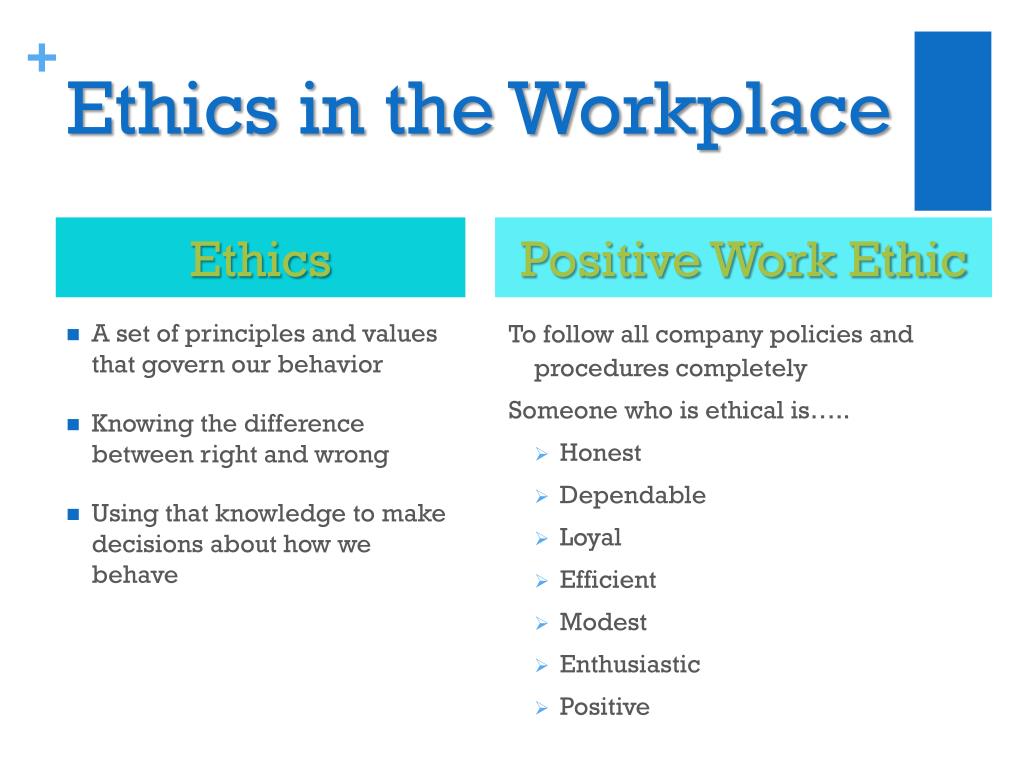 Another wake-up call is the lack of specific amounts in the offer and the promise to talk about money after the trial period.
Another wake-up call is the lack of specific amounts in the offer and the promise to talk about money after the trial period.
Fifth marker: questions about family, children and attitudes towards sensitive topics (religion, politics, gender, etc.). You can gently refuse an HR specialist to answer any questions that are classified as discriminatory, that is, those that are in no way related to your professional skills and competencies, business qualities. If the recruiter does not make such a decision, then your boundaries in this company, most likely, will have to be defended with double diligence in the future.
According to Roman Shindrikov , at the stage of getting to know a company, you need to rely on your own emotional response: if in the process of communication you feel guilty or ashamed, encounter manipulative techniques, tension begins to increase, this is probably not the company where you will be feel on top. Psychological comfort in a company and a specific team is extremely important so that work brings not only money, but also moral satisfaction.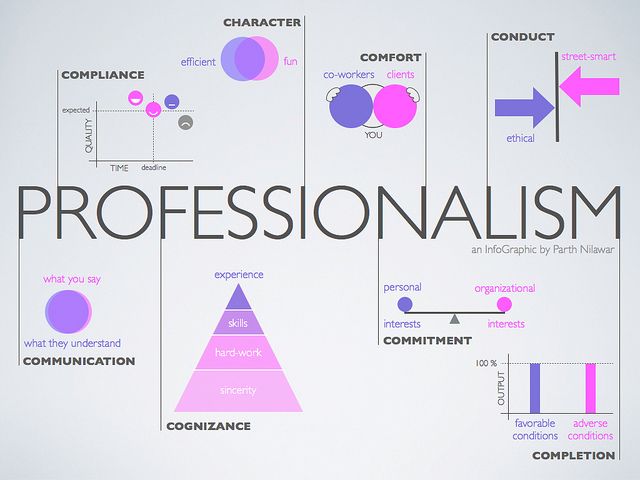
Many candidates transfer the student principle “first you work for your gradebook, and then your gradebook works for you” to the working environment. The adaptation period is one of the most important and at the same time stressful in the life of any person. Keeping a reasonable balance between “being” (what I am ready to take on) and “appearing” (what my manager and colleagues want me to see) is quite difficult. The desire to prove oneself and make the best impression is quite strong. This becomes a trap for the employee: there is always a risk of taking on extra obligations, unknowingly accepting the job that others have refused.
It is desirable that all rules of the game and interactions are discussed ashore before work begins. It will be a good sign if colleagues at the beginning of an acquaintance are interested in your schedule and communication format. These are quite simple, but important statements: “Please tell me what time you can call or write”, “It’s convenient for you to communicate by voice in the messenger or it’s better to call” and so on.Roman Shindrikov, psychologistIf no one comes up with such questions, then you yourself can bring this into the culture of communication in the company by discussing such moments with colleagues. It seems to me that this is a much more environmentally friendly form of communication than “this is the way it is with us”, “the employee answered before you even on weekends” and other peremptory formulations.
The best thing to do in the first days is not to rush headlong into the pool, but to take a closer look at how and at what pace colleagues work, assess their workload, observe what time they arrive and leave the workplace, how much time is spent in informal conversations, and so on. This is the perfect time to analyze, because in the first few weeks, no one will demand from you, as a beginner, labor exploits and incredible performance.
If something goes against your expectations, it is better to talk openly with a mentor, colleagues, immediate supervisor.
The goal at first is to reach the level where no one has deceived expectations.Svetlana Kharitonova, PayU 9 HR Director0002 If at the stage of adaptation you want to show your best side, this is normal. But the desire to make a splash and win the title of employee of the year in the first months of work can lead to problems in the future, when it will be difficult to outline your boundaries.A new employee may form the wrong opinion about some processes, and the manager will help to dot the i's. If we are talking about working time - a stumbling block for many - often the boss does not care at all what time the employee leaves, the main thing is that he does his job on time and efficiently. In this case, the decision is up to the employee.
The short answer is no. Another question is what exactly will have to be changed - priorities, format or schedule, and maybe the work itself. It happens that an employee has been working properly for several years, ignoring his needs in part of his personal life, and then he realized that he wants to work honestly with 9:00 to 18:00, and then devote time to family, interests and hobbies, relax, and not work on weekends. The fear that the leader and other team members will not understand such a sharp change in focus, will continue to expect labor feats, be suspected of demotivation, or even worse - they will start to tease, paralyzes many.
The fear that the leader and other team members will not understand such a sharp change in focus, will continue to expect labor feats, be suspected of demotivation, or even worse - they will start to tease, paralyzes many.
As the experience of the last two and a half years has shown, the situation in the world is changing very quickly. What can we say about the life of a single person. Goals, values, priorities change. One thing is invariable when it comes to work: both the manager and the employee should be equally interested in solving problems and problems that arise. In the case of long overtime, this is an increase in dissatisfaction, a burnout syndrome and, as a result, the loss of an employee. Neither the company nor the employee benefits from this.
My advice is to be as honest and open as possible. Depending on the situation, contact the manager, the team and tell everything as it is: your life circumstances have changed, you want everything to be different. Ask the right question: how well does this align with the company's expectations and business goals.Svetlana Kharitonova, PayU 9 HR Director0002 Take a strong position in negotiations. This is primarily about internal installations. Remember - not only the leader, but also any employee in the company can be "strong". Strength is manifested not in status or experience, but in calmness, confidence in one's position, openness and the ability to defend one's borders not with fists, but with the mind. Watch your reactions during a conversation - gestures, facial expressions, act in accordance with inner feelings, let your life priorities become beacons that will not allow you to take the wrong course and go astray. If you know for sure that the current state of affairs does not suit you, just admit it. Talk openly about your feelings, emotions, without getting personal, calmly respond to criticism.It is important to hear each other, to develop a common solution that will satisfy both you and the company. Negotiation is the simplest and most effective method.
Of course, this requires a certain amount of courage and professional maturity. If you understand that your current work hinders rather than helps you to achieve the desired result in life, at some point you need to be ready to say goodbye to the company. Professional self-esteem should give strength to defend their own boundaries.
You can solve the situation in different ways, no one says that you need to burn all bridges. Sometimes it’s enough to ask for additional resources — people, a budget — to make everything fall into place. Again, this is a story about plucking up the courage to take the position of a negotiator. Often we are afraid of being branded as a non-team, non-professional player and transfer these experiences to real soil, where they do not belong.
There are some issues that are fairly easy to resolve. For example, with annoying voice messages or long correspondence of colleagues after hours . It is enough to clearly and clearly state your position and offer alternative options. For example, instead of voice messages, send text messages typed using a voice assistant, and respond to requests arriving at ten in the evening in the morning. This is also a stressful moment, but you just need to get over it in order to move on.
Usually, eco-friendly communication is always based on the old but very effective "I-message" formula: describe the situation as you see it, tell about your feelings and attitude to what is happening, formulate your request: "I would like to." In this way, we allow the opponent to see the situation from our side, do not shift responsibility, do not say anything offensive, and even offer a possible solution.Roman Shindrikov, psychologist
It can be difficult for someone to say no at the moment when a manager or colleague asks to take on an additional task. This most often happens when job responsibilities are blurred and it is not clear in whose area of responsibility this or that cross-functional task is located. And ping-pong starts from one employee to another until someone is found who heroically takes responsibility. In this case, you need to focus the interlocutor's attention on your interest in business development, team development, common goals and personal priorities in a professional way, where this task does not yet fit.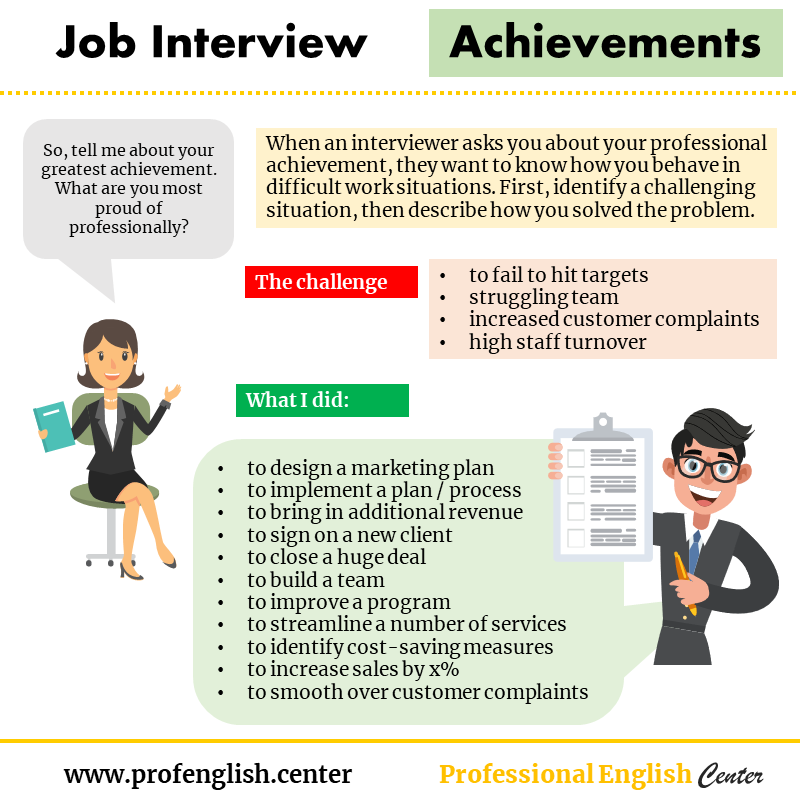 Rely internally on your professionalism: "I do my job well, understand the topic and am ready for any conversation in order to defend myself, my interests, I pursue team goals" .
Rely internally on your professionalism: "I do my job well, understand the topic and am ready for any conversation in order to defend myself, my interests, I pursue team goals" .
The worst thing that can happen in any non-constructive dialogue is getting personal. In this case, it will be difficult to get rid of the reputation of a quarrelsome person in the team. In a conflict, the interests and motives of several people always collide, so it is important to reach the level of honest, open communication, clarify the positions of both parties, hear each other, identify several solutions and choose the most suitable one. In work conflicts, the goal is often the same, do not forget about it.
There are times when a request cannot be denied, even if the task is outside of your job description. For example, if her decision in one way or another will affect your career development or promotion. This can be a valuable interaction with a colleague from whom it is worth adopting professional experience or acquiring new skills and abilities - the very ones that you lack today.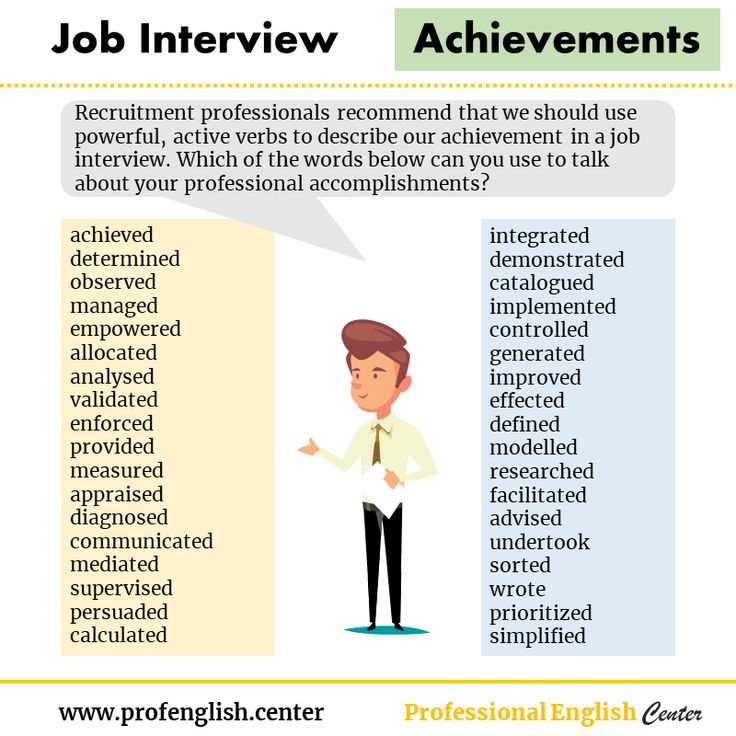
Another situation: if you are interested in an increase in position or salary, then expanding the pool of tasks will be an ace up your sleeve in negotiations with your superiors.
On occasion, you can tell your manager that you are interested in business development and your own professional progress, so you are ready to take on additional tasks, in which case it is important to discuss the career track on the shore, to directly state your motivation - what you want from work. Many do not do this, because they do not have a clear development plan in the company, profession.Svetlana Kharitonova, PayU HR Director
Bulgakov's catchphrase about "They will offer and give everything themselves..." plays a cruel joke with us at work: you can wait for a promotion for 10 years, but never wait, because the manager is busy with many things, he does not have time to think about the career aspirations of each employee. Your task is to set up a meeting, set goals and ask a direct question - what needs to be done to move forward and bring even more value to the business.
Negotiating, talking about ourselves is something that many of us are not very good at. Comfort, including professional comfort, is the area of responsibility not so much of the employer as of the employee.
I recently read Elena Rezanova's book "Never Ever", it's about calling, career. The author writes that many employees have a viral dream - to quit their current job and do something completely different. Leave the position of marketing director and open your own coffee shop, for example. But this speaks of a huge burnout. When people start to figure it out, they understand that at their current job, by and large, they are not satisfied with just a few points. You just need to reconsider some details in this constructor, and then you can find happiness in what you were doing before.Svetlana Kharitonova, PayU HR Director
More about self-development and self-help
🚩 Was the material helpful? Share it with your friends on social networks!
Repost button - in the header of the article ⏫
↩ To other articles
Non-stationary workplace
November 9, 2021
In accordance with the laws, the workplace is the space where the employee is in the process of performing work duties.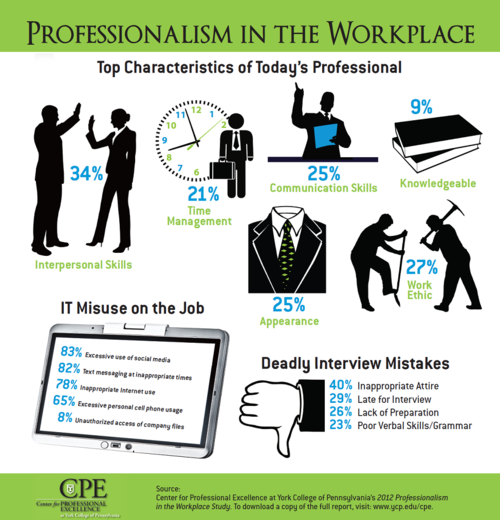 Including this may be the so-called non-stationary workplace. There are indicators-signs that define the workplace:
Including this may be the so-called non-stationary workplace. There are indicators-signs that define the workplace:
- It performs labor functions by a certain employee.
- Equipment and tools designed for the job are available.
- This place may be monitored by the employer.
Stationary workplace
Stationary - a workplace is recognized if its working area does not change geographically and is equipped with all the required means for work. This class also includes jobs created for more than a month.
Non-stationary workplaces
Non-stationary workplaces include those workplaces that can change their location and are equipped with mobile technical equipment. Stationary jobs are not available for employees who work in different areas of the enterprise or third-party facilities.
SATS at a non-stationary workplace
SATS is not required for remote or non-stationary workplaces. The main task of the special assessment is the identification and assessment of risk factors affecting the employee.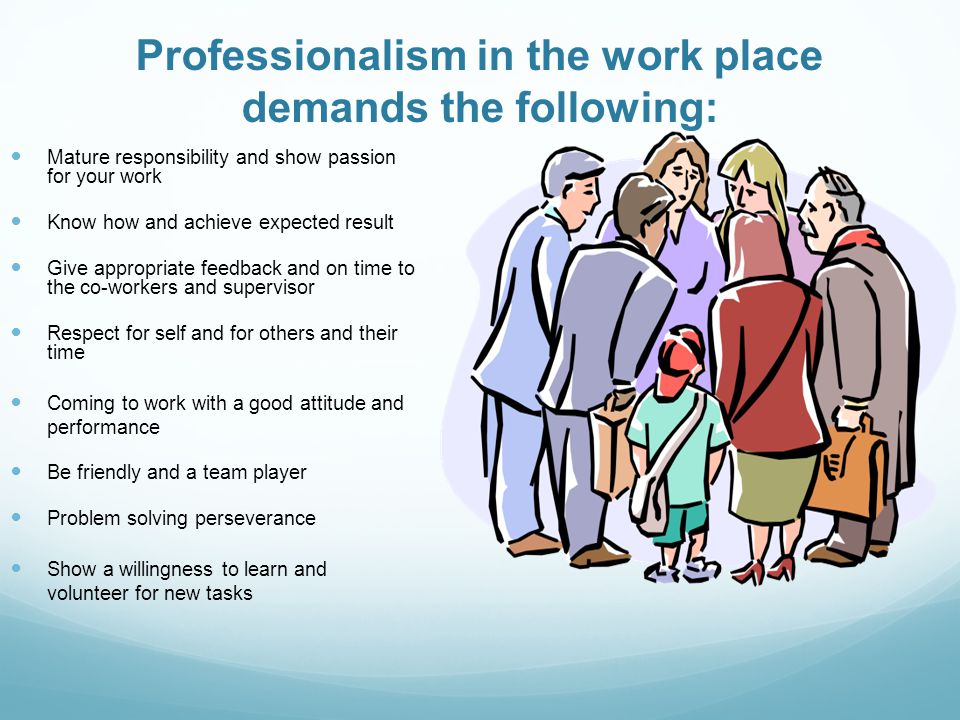 The organization of the special assessment should be carried out directly by the employer, by his order a commission is convened, the head of which is either the employer himself or his authorized representative. A list of places to be assessed is compiled in advance.
The organization of the special assessment should be carried out directly by the employer, by his order a commission is convened, the head of which is either the employer himself or his authorized representative. A list of places to be assessed is compiled in advance.
The boundaries of the area occupied by a non-stationary workplace is the territory of the facility or those premises that the employee visits on duty. Usually, teams working on the road have a separate work area, but in some cases, the entire territory of the facility can be taken as a workplace. The commission must have complete information on workplaces, in addition, experts must have access to all facilities. It is quite obvious requirement for members of the commission to comply with safety regulations and use protective equipment if necessary. If there is no stationary work post, then specialists identify operations that have the same hazard factors and determine the time spent on each of them. After that, you can proceed to the assessment of risk factors affecting the employee.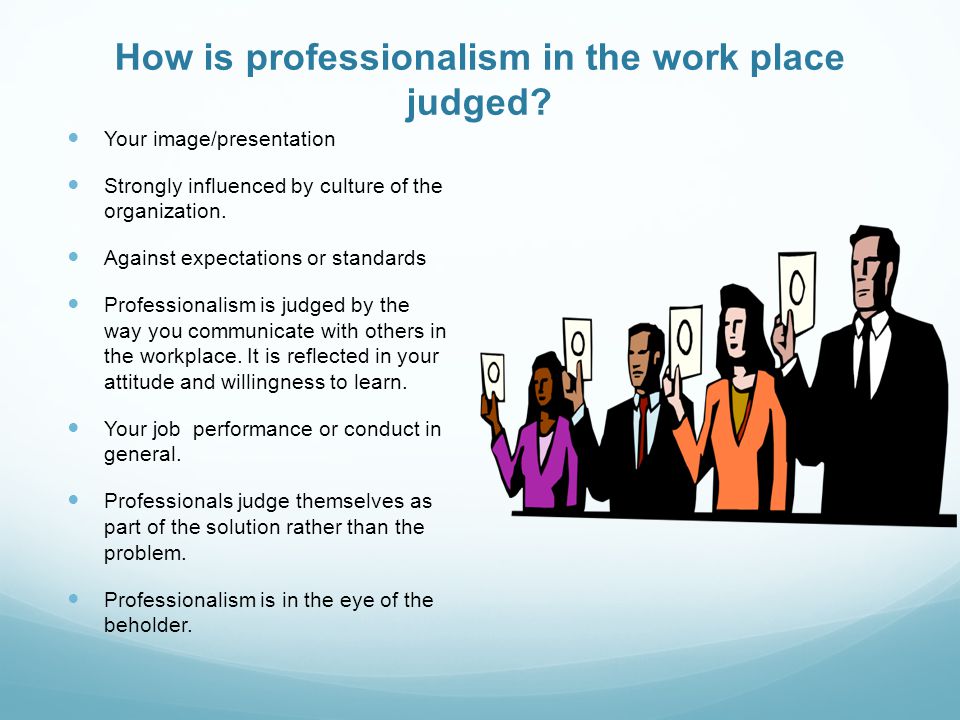
For similar workplaces, fill out one assessment card for working conditions and create a list of measures aimed at improving the situation. For employees dealing with hazardous working conditions, the working week is 36 hours. However, the employer has the right to increase its duration if
- The organization is involved in agreements that allow such procedures.
- If there is a collective bargaining agreement authorizing extended working hours.
- The written consent of the employee to the addition of working hours has been signed.
It should be understood that even in this case no more than 40 hours per week can be set. The employee is also entitled to financial compensation for overtime.
The commission that conducted the SOUT must draw up a report on the results of a special assessment of working conditions, which is approved directly by the employer. It usually contains data about the company that carried out the assessment, a list of jobs subjected to a special assessment, maps of working conditions, etc.





